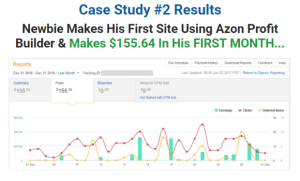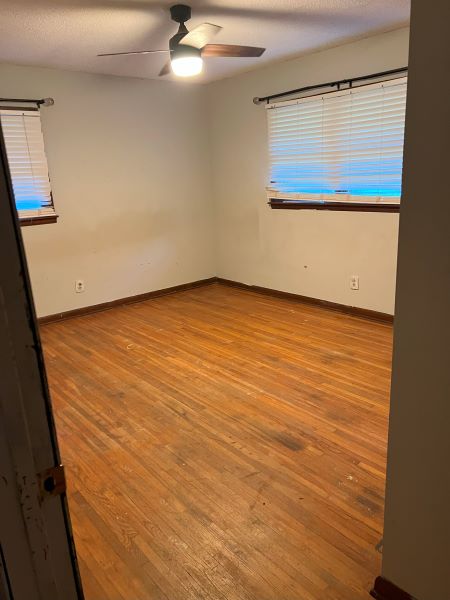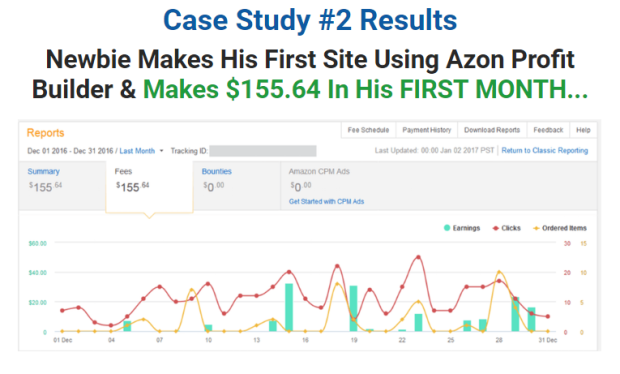
When you get a mortgage, you’re usually offered mortgage life insurance; a life insurance policy that pays off your mortgage if you die. It might seem inexpensive, and good protection against life’s unforeseen circumstances. But mortgage life insurance isn’t nearly the good deal it may appear: here’s why you don’t need it, and what you can do instead.
MORTGAGE LIFE INSURANCE: THE BASICS (AND WHY YOU DON’T NEED IT)
With mortgage life insurance, if you (the mortgage payor) die, your mortgage is paid off in full. For this privilege, you pay a monthly premium along with your mortgage payment.
If you decline mortgage life insurance when applying for your mortgage, you often need to sign waiver forms declining it, which might make you think twice about your decision. This is to protect the bank, since they want to do everything they can to ensure the money they lend you is going be paid back.
But rest assured, you have more cost-effective and flexible ways to cover your mortgage if you die.
First, here are a few reasons why mortgage life insurance is not a good deal:
Reason #1: It’s Not Your Insurance
With mortgage life insurance, you (or rather, your survivors) don’t benefit directly from your life insurance premiums – the bank does. Sure, your house will be paid off, easing the burdens of carrying the mortgage in tumultuous times. But really – what the bank just got you to do was to pay monthly premiums to ensure that they get paid no matter what.
(Note: This is similar to credit card balance protection insurance – another inadvisable form of insurance).
Reason #2: It’s a Decreasing Benefit
Throughout the life of your mortgage, you pay level premiums. But as the months and years go by, the outstanding amount of your mortgage decreases. Thus, you’re paying the same amount each month for a benefit that will eventually disappear.
Reason #3: Changing Lenders Means New Underwriting
If you change banks to take advantage of a better interest rate, you’ll have to apply for a new mortgage life insurance policy with that bank. If something has happened to your health in the meantime to affect your insurability, you may be declined. If you don’t have another life insurance policy (we’ll get to that shortly), you might be out of luck entirely and the premiums you paid to date will be for nothing.
MORTGAGE LIFE INSURANCE ALTERNATIVE: INDIVIDUAL LIFE INSURANCE
For similar prices (sometimes less), you can get an individual life insurance policy that mitigates the above problems in the following ways:
Reason #1: Do With the Money as You Please
With mortgage life insurance only the bank benefits if you die. With individual life insurance, you (or rather, your survivors) can choose what to do with the money. If you have higher-interest debt such as credit cards, the money could be used to pay that off instead, and ongoing family income used to continue to pay the mortgage. With an individual life insurance policy, you have choices.
Reason #2: You Get What You Pay For
Whereas with mortgage life insurance your death benefit goes down over time for the same premiums, with individual life insurance you have a level benefit that doesn’t change.
Reason #3: It’s Renewable
Let’s say your health changes rendering you uninsurable (meaning you’d be declined by the bank for mortgage life insurance).
If you have individual term life insurance, you are usually guaranteed renewal up to age 65 or 75. The renewal rate is often high, but it guarantees your insurability. If your health hasn’t changed, you simply apply for a new policy at the end of the term and continue to enjoy lower rates.
If you have permanent insurance (whole life or universal life), you are covered for life, no questions asked (and no premiums raised).
THE FLIP SIDE: When Mortgage Life Insurance Makes Sense
If your health is questionable such that you won’t qualify for individual life insurance (which has a more rigorous application process), and if the application for mortgage life insurance doesn’t involve a medical questionnaire, it might make sense to get mortgage life insurance. At least you will have some coverage if something happens to you, and your survivors can rest assured that your home is paid off.
For more information on life insurance, see Everything You Need to Know About Life Insurance.
RELATED POSTS
Estate Planning: What it is and Why You Should be Doing It
How to Perform a Semi-Annual Financial Review
Everything You Need to Know About Life Insurance
 Nora Dunn
Nora Dunn
Nora Dunn is The Professional Hobo: a full-time traveler and freelance writer. Having sold her business and belongings to travel, she has been on the road since 2007. She travels in a financially sustainable manner, specializing in creative travel strategies like getting free accommodation and flying in business class for less than economy prices; all the while earning income with her location independent career.
As a former Certified Financial Planner, she is financially responsible for her actions along the way. She believes there is a fine balance between planning for tomorrow, and living for today.
She has penned the book How to Get Free Accommodation Around the World, is contributing author to the book 10,001 Ways to Live Large on a Small Budget, and a regular columnist for Wise Bread, Transitions Abroad, Credit Walk and many other publications.
Please enjoy her articles on the topics of travel, personal finance, and lifestyle design.
You can also connect with Nora on Facebook, Twitter, and Google + Nora Dunn
SOURCE: A Straight Talk on Debt – Read entire story here.




















